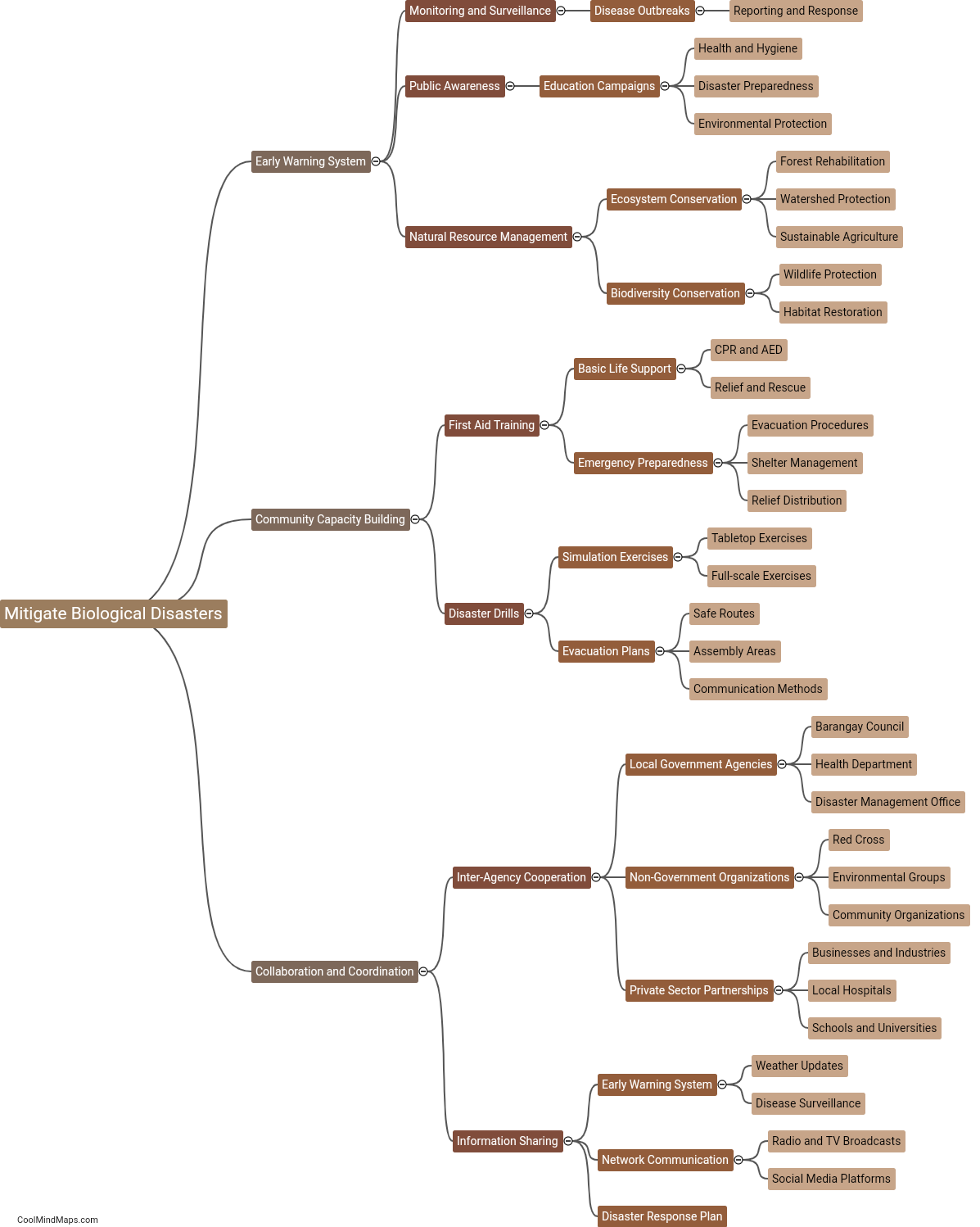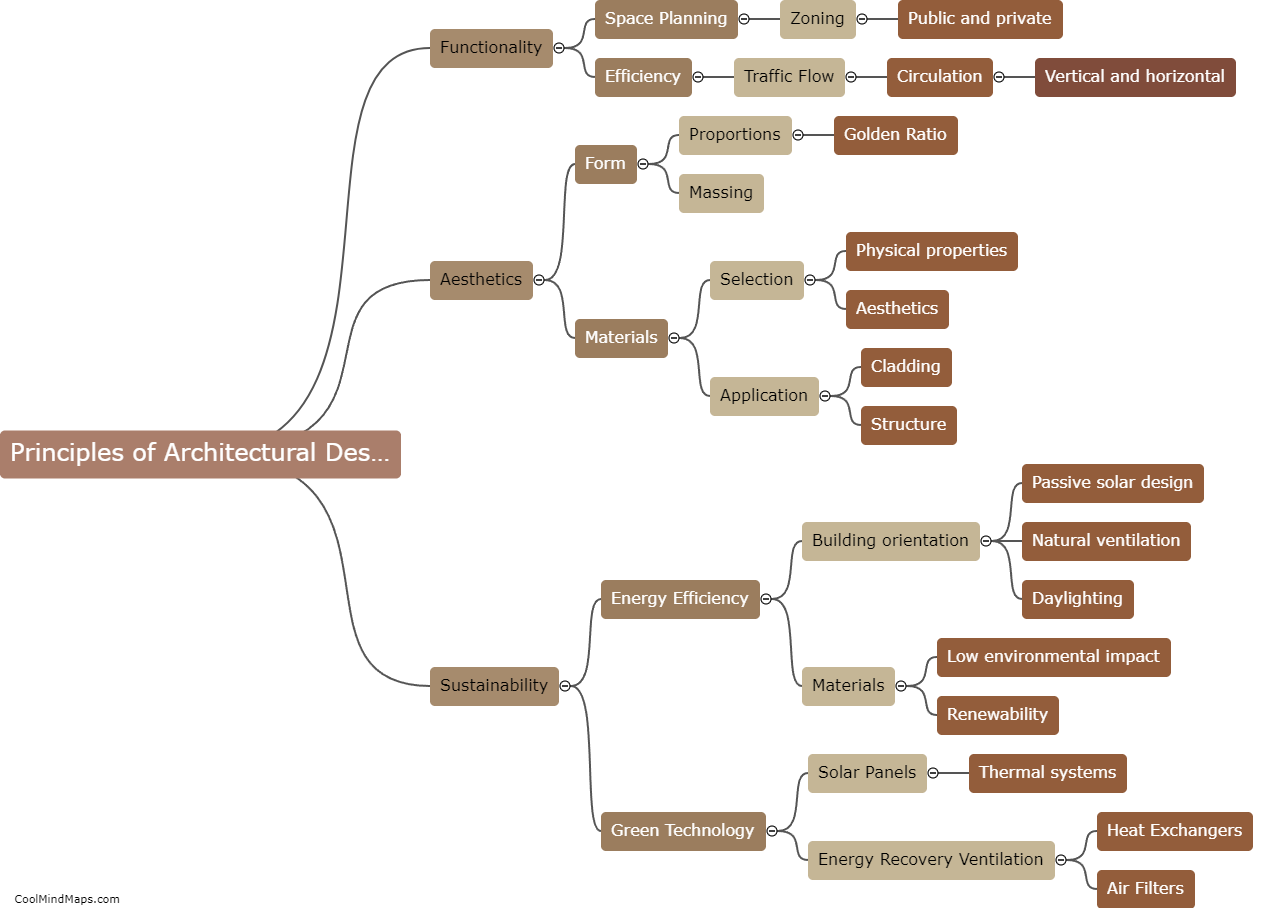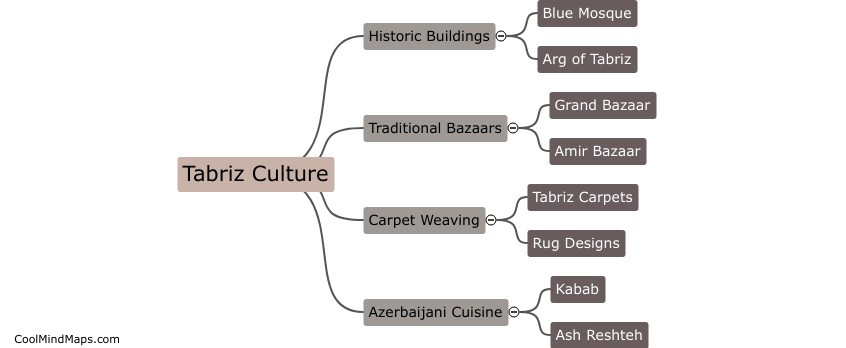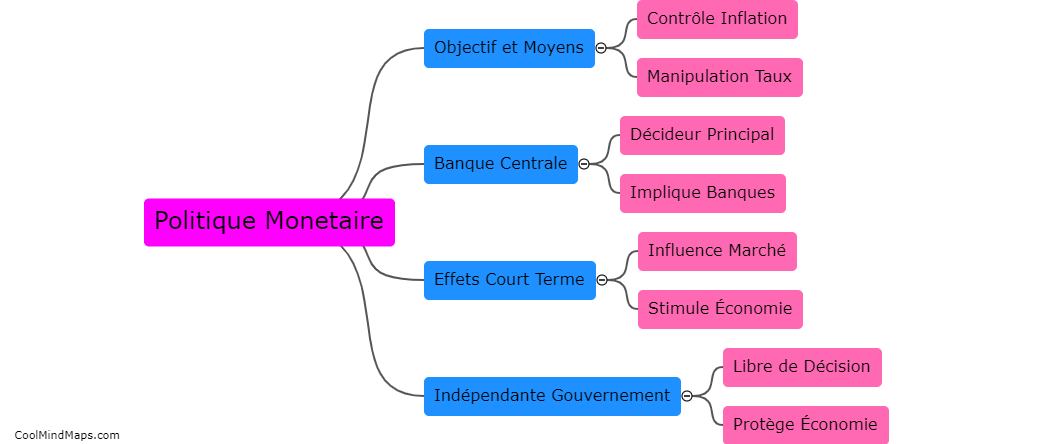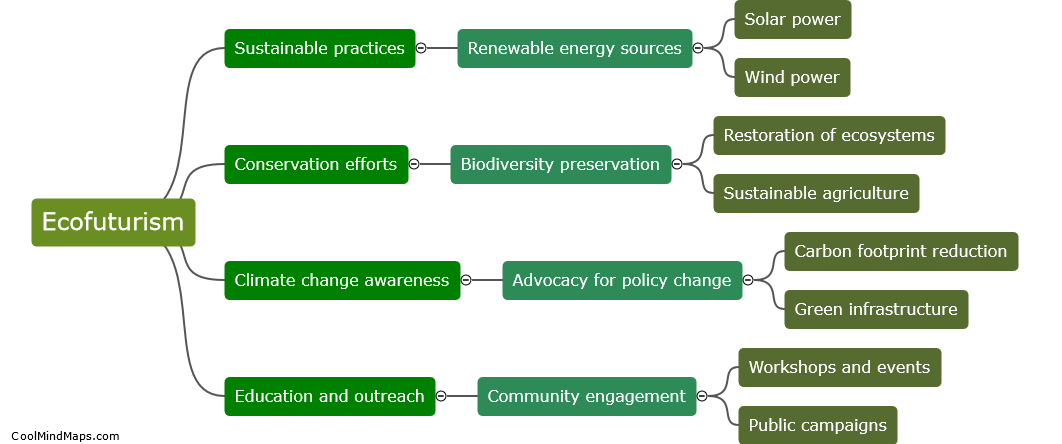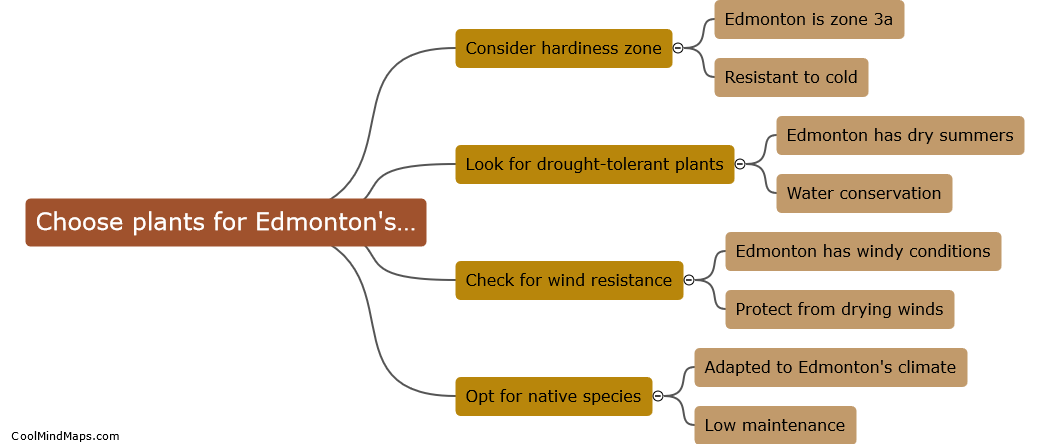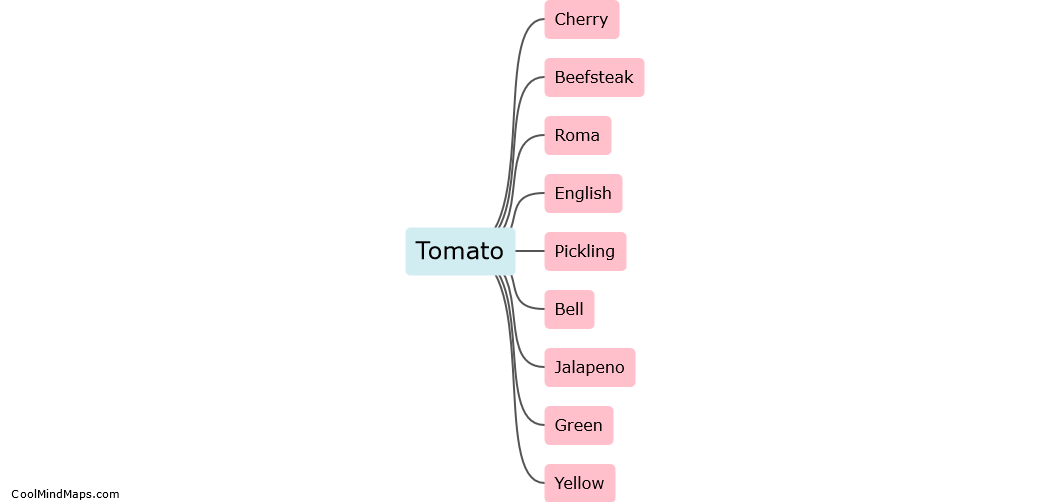How does permaculture promote sustainability?
Permaculture promotes sustainability by emphasizing principles of working with nature rather than against it, designing systems that are self-sustaining and regenerative, and prioritizing the conservation of resources. By utilizing techniques such as companion planting, water harvesting, and soil building, permaculture creates resilient ecosystems that can withstand environmental challenges and provide long-term benefits for both people and the planet. Additionally, permaculture encourages community involvement and a holistic approach to living in harmony with the natural world, fostering a deep connection to the land and a sense of responsibility for its care and preservation. Ultimately, permaculture is a powerful tool for creating a more sustainable future by promoting practices that not only protect the environment but also support the well-being and prosperity of all living beings.
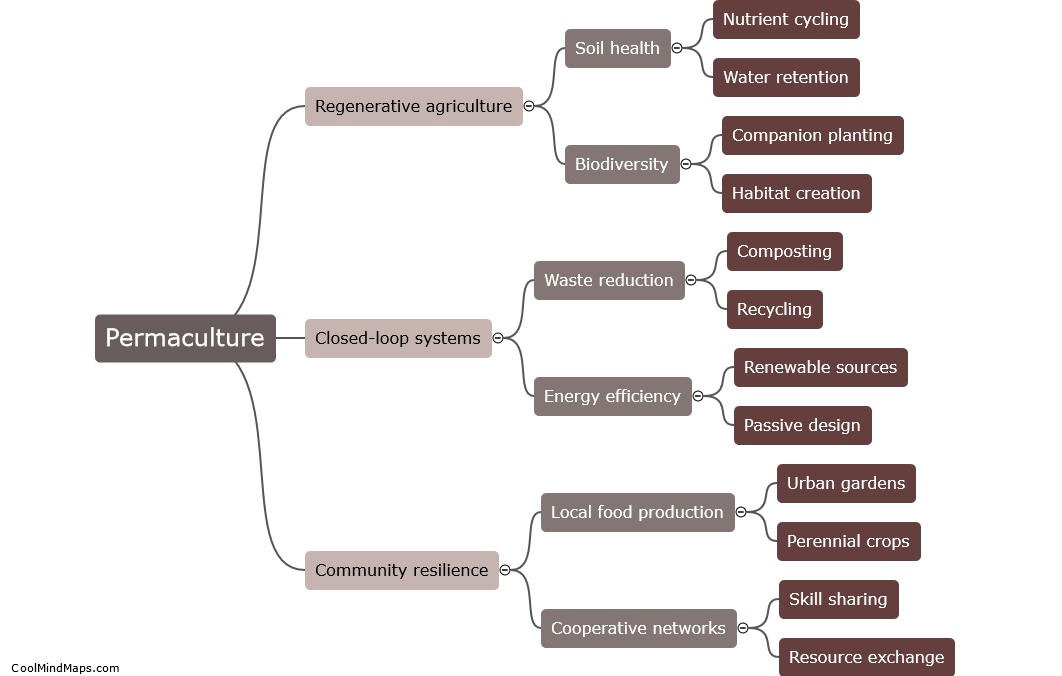
This mind map was published on 6 August 2024 and has been viewed 46 times.

